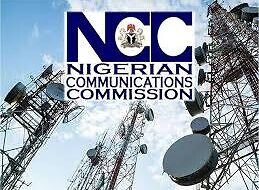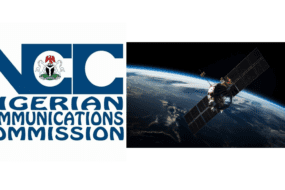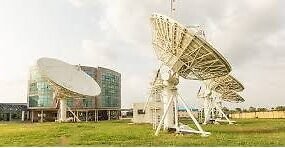Starlink’s ambitious push into South Africa has encountered a major setback, with the satellite internet provider withdrawing from regulatory hearings led by the Independent Communications Authority of South Africa (ICASA). The unexpected move has left industry experts questioning the company’s future in the region.
An ICASA spokesperson confirmed that SpaceX, Starlink’s parent company, officially notified the regulator of its withdrawal on Wednesday evening. The notice arrived just hours after SpaceX representatives failed to attend a scheduled presentation earlier in the day. The hearings were a crucial step in shaping South Africa’s satellite services licensing framework. ICASA aimed to create a registration system that would allow international satellite operators to offer services directly or through local partnerships. However, Starlink’s absence from the discussions has raised concerns about whether the company is willing—or even able—to comply with South African regulations.
Ownership Rules: A Dealbreaker for Starlink?
Despite Starlink’s availability in South Africa through alternative access methods, the company has yet to secure official approval. The biggest challenge? South Africa’s strict 30% local ownership requirement, a policy that SpaceX has repeatedly criticized. In a formal submission to ICASA on January 28, SpaceX argued that the regulation effectively blocks foreign satellite operators from entering the market, particularly those with direct-to-consumer models like Starlink. The company pointed out that its global policies prohibit local shareholding, making compliance impossible.
Even for firms willing to invest in Broad-Based Black Economic Empowerment (B-BBEE) initiatives, SpaceX argued that the existing ownership structure remains a barrier. The company urged regulators to consider alternative compliance measures, such as equity-equivalent programs, which are already recognized within the broader ICT sector. “If ICASA removes this barrier, it would not only increase foreign investment in South Africa but also support industry growth, encourage competition, and drive innovation,” SpaceX stated in its submission.
ICASA has yet to respond publicly to SpaceX’s concerns, but the company’s withdrawal could ignite a larger debate over whether South Africa’s ownership policies limit foreign investment. For now, Starlink’s expansion in the country remains in limbo, leaving South African consumers and businesses uncertain about whether they will gain full access to its high-speed satellite internet services anytime soon.







One reply on “South Africa Requests 30% Local Ownership of Starlink”
[…] neighboring South Africa, Starlink has not received a license yet. The country’s Broad-Based Black Economic Empowerment […]